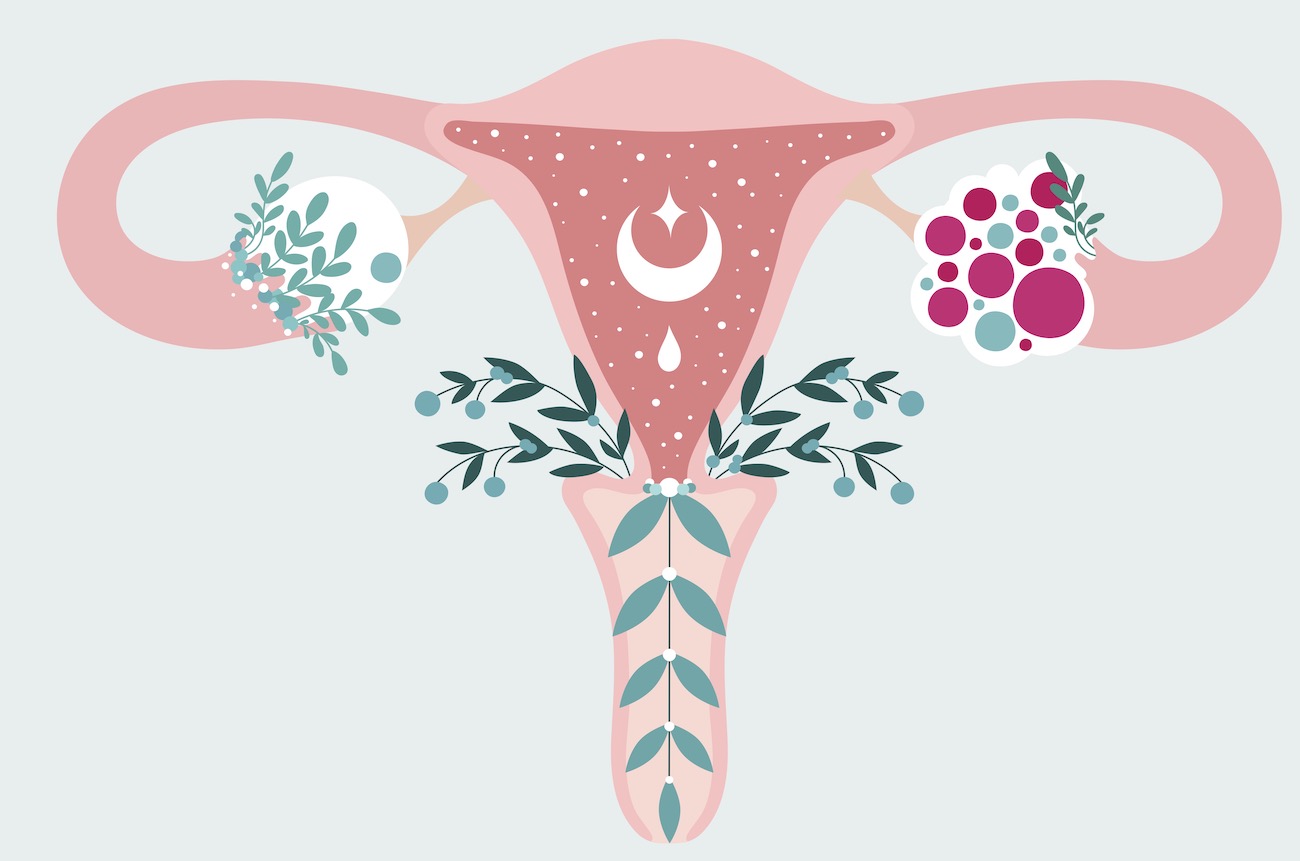Trying to get pregnant at any stage of life can be challenging for some. It’s nearly impossible to predict how long it will take you to get pregnant when you plan to have a baby.
With infertility impacting up to 15% of reproductive-aged couples worldwide, it is only natural to want to ensure you are doing everything you can to increase your odds of successfully conceiving.
There are many lifestyle changes that can help support your fertility and increase the likelihood you will successfully conceive. So, let’s understand these ways and their benefits for your reproductive health.
1. Have a healthy fertility-focused diet
A healthy diet not only benefits your general health, but can also support your fertility. In addition to supporting egg quality and ovulation, a balanced diet can help balance hormones.
When it comes to choosing the right kind of food ppt for wholesome foods such as green vegetables, fresh fruits, and healthy fats (olive oil, avocado). In general, strive to incorporate a variety of foods, such as fruits and vegetables, whole grains, healthy sources of protein such as chicken, beef, low-mercury fish, eggs, and low-fat dairy products. While no diet is “perfect” aim to avoid food and beverages with added sugars, saturated fat, and excess sodium. If you have any underlying conditions, such as diabetes, PCOS (polycystic ovarian syndrome), or obesity, it may be a good idea to consult your doctor about if a particular diet may be best suited to meet your health and fertility goals.
2. Exercise regularly
The American College of Obstetrics and Gynecology recommends that women who are soon going to be trying to conceive or those who already are trying to conceive aim for 150 minutes of moderate exercises a week. Regular exercise has numerous health benefits including supporting your cardiovascular health, which is critical for the health of the pregnancy. and Moving your body on a regular basis helps remain fit and boosts fertility by supplying oxygen and removing toxins from the body. Research had shown that physical activities can have positive impacts on fertility, by supporting your hormones, improving the likelihood of ovulation, decreasing insulin resistance, and the list goes on and on.
It is important to note that high intensity exercise can have detrimental impacts on fertility, such as inhibiting ovulation. Focus on not over-doing by walking, yoga, strength training, and related activities.
3. Keep a healthy weight
Tips number one and two will support you on your goal to achieving a healthy weight. While the scale is just a number, ensuring your BMI is between 18.5 and 24.9 can both help you achieve pregnancy but also reduce your risks during pregnancy for numerous challenges.
Being underweight can cause greater difficulty getting pregnant and carrying a pregnancy to term. It is more common for women who are underweight to produce less estrogen and in turn cause irregular menstrual periods and inconsistent ovulation.
Having a BMI greater than 24.9 can also cause more challenges when trying to conceive. Obesity is related to increased insulin resistance and elevated testosterone and estrogen. Both of these hormonal disorders can prevent ovulation and promote irregular cycles.
If you are struggling with your weight, either being underweight or overweight, consider speaking to your medical provider before initiating any changes in your diet or routine.
4. Add multivitamins or prenatal vitamins
When trying to conceive, it is recommended that women take a prenatal vitamin. It is difficult to achieve adequate intake of vitamins and minerals through diet alone. Taking a prenatal vitamin ensures you are meeting your dietary needs, which increase in pregnancy. Taking these vitamins can also support your fertility and egg quality. Some vitamins like folic acid, iron, and B Vitamins help in the formation of blood cells and increase the supply of oxygen.
5. Cut on alcohol and tobacco
Alcohol consumption and tobacco and marijuana use affects reproductive health and increases the chances of irregular ovulation. Not only at the extended level, but minor intake sometimes hurts ovulatory fertility.
Tobacco also has damaging effects on the release of eggs. When it comes to smoking, research shows that tobacco use can decrease your ovarian reserve and impact ovulation. Drug and alcohol use is also detrimental for sperm health so if you have a male partner, consider cutting out alcohol and any drugs completely!
6. Stay hydrated
Drinking an adequate amount of water every day helps to keep your body hydrated which further enhances the blood flow. Ensuring you are appropriately hydrated can support cervical fluid, which is critical for the sperms’ journey to the egg. Further, dehydration can degrade egg quality, so strive to stay hydrated! If you struggle to remember to drink, set a reminder on your phone to consume your goal amounts of water throughout the day.
7. Reduce the toxins and chemicals
Toxins and chemicals can harm the body and put additional strain on organs, especially the liver, which is crucial for producing and clearing hormones.
You can decrease your exposure to toxins and increase fertility by cutting back on caffeine and alcohol, eating organic, spray-free vegetables, switching to natural skin care products, home cleaners, and cosmetics, and avoiding heating foods in plastic.
Chemicals can also compete with vital nutrients, disrupt hormone signaling, and build up in hormone-producing tissues.
8. Get healthy sleep
Sleep might sound trivial to you but surprisingly it actually helps support your fertility.
There is no doubt that sleep has several health benefits including getting sufficient melatonin levels that help make fertility hormones.
According to a study, women who have less melatonin and serotonin levels typically have shorter luteal phase lengths (the phase between ovulation and menstruation). If this phase of the cycle is too short, it can inhibit the implantation of the embryo and therefore negatively impact the likelihood of conception
9. Avoid stress
Because of how hectic and stressful our lives are, sometimes even trying to reduce stress in itself can be stressful. In order to increase fertility, we must manage stress and take care of our nervous systems, but the reality is that everyone experiences stress since it is a natural part of life.
It will be easier for you to manage stress if you incorporate routines like meditation, yoga, walking, writing, and acupuncture. Your stress level will decrease if you stop doing activities like working late, using social media excessively, and overcommitting.
10. Make love
Making love regularly is one of the best ways to boost fertility. It helps to increase blood flow to your ovaries and uterus resulting in a comfortable space for fertilization to develop.
The best period to have intercourse is during your ovulation or three days before ovulation. During your ovulation period, your chances of conceiving and increasing fertility are higher.
Final take
A healthy body and your reproductive system depend on a healthy lifestyle. Ensuring you are prioritizing your health and wellbeing before trying to conceive not only increases your odds of successfully conceiving, but also will be beneficial to supporting both the health of you and baby during pregnancy and beyond.
Making healthy dietary and lifestyle modifications can help increase fertility and get your body ready for motherhood. Additionally, it simply benefits your health in general, which is always a good thing!
References:
The Role of Physical Activity in Preconception, Pregnancy and Postpartum Health
Melatonin: shedding light on infertility? – a review of the recent literature
Use of multivitamins, intake of B vitamins, and risk of ovulatory infertility
Caffeinated and Alcoholic Beverage Intake in Relation to Ovulatory Disorder Infertility
Age and social position moderate the effect of stress on fertility




